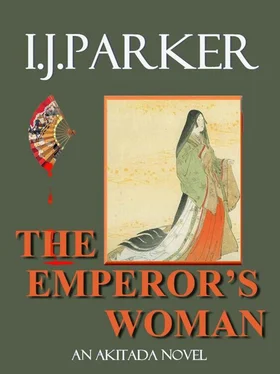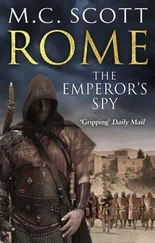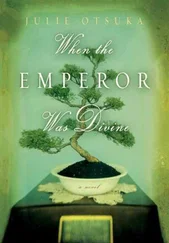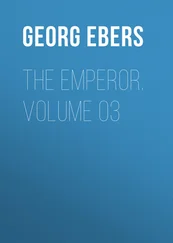Marriages for the upper classes were polygamous, that is, a husband could have several wives in addition to casual lovers. The wives differed in status, depending on their backgrounds and the birth of sons. A marriage could be dissolved on the husband’s word. But women of the eleventh century could own property. That fact and the influence of their fathers protected upper class women to some extent. Lady Kishi in the novel has considerable power even though her husband prefers others over her.
A commoner had rarely more than one wife, and she was usually a hardworking partner in the business or on the land. Poverty put women at great risk as families struggled to feed all their children. The Confucian ideals of obeying and honoring one’s parents forced them to work in near-slavery or to sell their bodies to support them.
The Willow Quarter mentioned in some Akitada novels has no solid historical sources. This is probably largely due to the fact that contemporary accounts were written by the upper classes who rarely referred to prostitution. But noblemen do speak of taking pleasure cruises to the brothel towns of the Yodo River, and one of the diaries mentions how the writer met a group of female entertainers while on the road to the capital. Female entertainers were not only talented performers of dance and song, but they were also available for sexual services. It stands to reason that the capital would have had prostitutes, and that they would have occupied a specific part of the city. For an account of the sex trade in early Japan, see Janet Goodwin’s Selling Songs and Smiles.
The references to bathhouses, blind masseurs, and various treatments of wounds and diseases rely to some extent on later sources, though an early treatise on medicine (Yasuyori Tamba’s Ishimpo) mentions acupuncture and moxa treatments and all sorts of odd herbal concoctions. In general, medical knowledge was rather primitive.
By the end of the Heian period, a guild or association system developed for trades. This included some of the outcast (eta) such as beggars and certain occupations thought to be unclean in terms of Shinto taboos (those who touch dead people and animals). Such brotherhoods usually existed under the protection of a temple and conducted themselves by their own rules.
The references to shinobi, the shadow warriors and forerunners of the ninja, can also be supported by contemporary accounts of the use of specially trained spies in times of war. Saburo learned his skills from monks, but Bashan trained with the northern army.
Law enforcement at this time was in the hands of a police force (kebiishi) and city wardens. Wardens supervised each ward of the capital and kept the peace in their own area. The imperial police investigated serious crimes, arrested criminals, and jailed them in two city jails. They worked closely with judges who heard the evidence and pronounced sentence. Flogging was a part of the gathering of evidence. Occasionally, mediums were called in to speak for the victim. Punishment consisted of incarceration or exile to labor camps. Executions were rare because of Buddhist laws against taking lives. Periodically, emperors would grant freedom to all prisoners to appease the gods in times of disasters and epidemics. Ranking police officers were trained warriors, and the top administrators, like Superintendent Kobe, belonged to the aristocracy.












